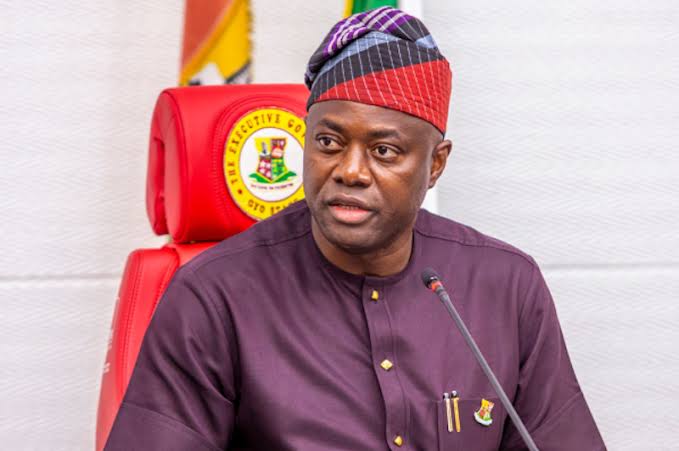A new WhatsApp group is stirring up conversation about Oyo State Governor Seyi Makinde’s potential run for the presidency in 2027.
This isn’t just any group; it includes some very influential members, such as Olajide Odidiomo, who represents Ibadan Northwest/Southwest in the House of Representatives.
This gathering of supporters on WhatsApp highlights the strong backing Governor Makinde enjoys from various corners of the political spectrum. Members have openly expressed their support, praising his leadership as people-oriented—a style they believe makes him an ideal candidate for Nigeria’s top job. ...CONTINUE READING


The group’s 467 members include several of Governor Makinde’s aides, like his personal assistant on political matters, Akeem Azeez. Local government officials are also in the mix, adding to the group’s clout.
Seyi Makinde, a member of the Peoples Democratic Party (PDP) and serving his second term as governor, hasn’t officially thrown his hat in the ring for the presidency yet.
However, the formation of this group and the involvement of such notable figures suggest plans are being brewed behind the scenes.
Governor Makinde’s political journey has been marked by his proactive stance on several issues, including recent disagreements with the federal administration led by Bola Ahmed Tinubu, especially concerning local government autonomy.
This discord follows a Supreme Court ruling that many, including Makinde, feel doesn’t quite capture the real-world complexities of governance at the local level.
Adding to the political drama, local government chairpersons in Oyo State have recently pulled out of the Association of Local Governments of Nigeria (ALGON).
This bold move is seen as a direct response to the Supreme Court’s decisions and indicates a significant shift in local governance dynamics under Makinde’s leadership.
What does all this mean for his potential presidential bid? The activities within the WhatsApp group could be a critical launching pad for his campaign.
It’s not just about rallying support; it’s about strategizing and mobilizing at a grassroots level. As digital platforms like WhatsApp become increasingly integral in political campaigning, they offer a direct line to voters, providing a space for dialogue and engagement that traditional media platforms might not.




